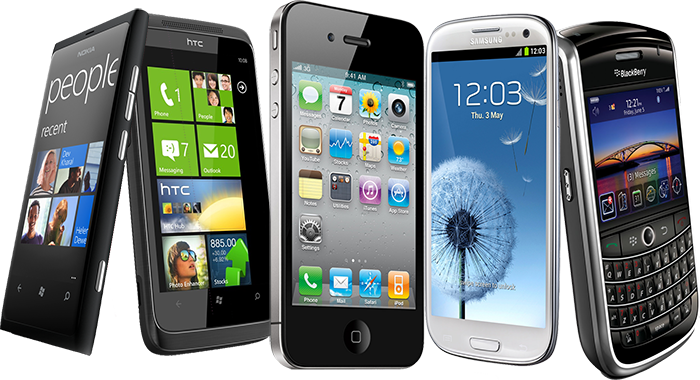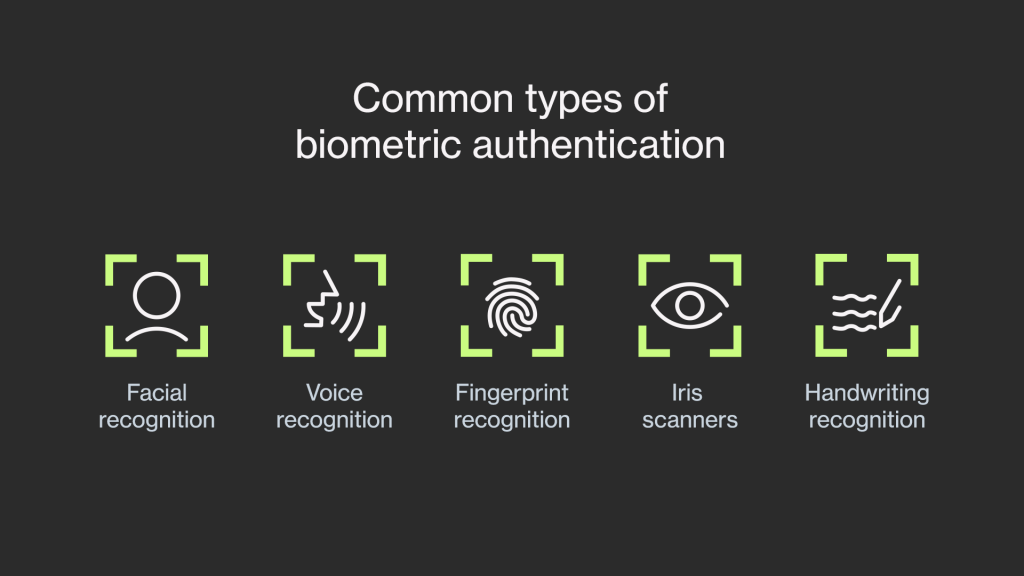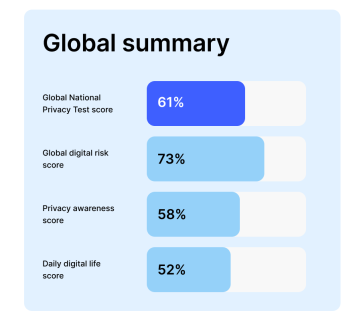Like killing two birds with one stone, reduced mobile taxation will lead to an increase in mobile penetration in Africa and grow network infrastructure in rural areas, which will in turn grow the number of people connected to the internet, moving closer towards digital inclusion.
According to a recent GSMA report on digital inclusion, mobile subscriber penetration in the developing world has grown over the last 5 years to stand at 44% from 25%, and an additional 20% have access to a mobile device without owning one.
Given the lack of well-developed ICT infrastructure and the low level of PC presence in the developing countries, mobile has become the primary mode of communication for the majority population, allowing for effective connection between businesses, employees and customers.
The cost of mobile devices have fallen over recent years with phone companies introducing low-cost smartphones to meet the growing demand in the market, especially in African countries where mobile apps continues to revolutionize operations in various sectors.
Kenya, one of the major technology hubs in Africa for example, recorded a mobile subscription growth of 5.2% for the period ending June this year, to reach a total of 32.2 million.
In neighbouring Tanzania, which is also growing in terms of mobile technology use in agriculture, education and health sectors, mobile subscription has increased tremendously to stand at 28.3 million.
With mobile penetration growing in African countries and the mobile sector in developing countries growing at a high rate, governments are also realising the potential of mobile and want to profit from it as well, through excessive taxation.
This taxation, according to GSMA is creating a barrier to digital inclusion, since governments are taxing the mobile sector at a substantially higher rate than the other major sectors also contributing to development.
African governments are profiting greatly through revenue from the mobile industry in the hidden motive by states, of meeting fiscal targets, costing immediate and long-term benefits from the continuing increase in access to mobile services.
The government benefits in revenue from mobile taxes levied on handset purchases, subscription, as well as the specific levies that network operators are required to meet.
Heavy taxation on mobile has led to limited access and usage by reducing affordability for consumers, while taxes on network operators has been reported to limit incentives for investment such as in expanding network coverage to remote areas.
Realising this taxation problem, communication ministers in developing countries like Nigeria and institutions such as the International Telecommunication Union (ITU) through which African countries are members, continue to call for reduction of taxes for mobile.
However, progress in this call to reduce mobile taxes is yet to be seen and this is one of the reasons African countries are yet to complete the journey towards digital inclusion for all, since governments do not want to compromise the revenue benefits that come with the mobile sector.
And even as low-cost smartphones continue to be unveiled in the African market, they are not cheap enough to be available for many in the rural areas who hardly have access to network infrastructure to enjoy internet connectivity benefits.
Lack of well-developed network infrastructure is the other barrier towards digital inclusion, which can be traced back to the heavy taxes imposed by government on network operators, making it difficult for the companies to put up infrastructure in the rural areas.
In the recently concluded GSMA Mobile 360-Africa Series, participants gathered to discuss the various opportunities and challenges that are facing stakeholders across the African continent, with those in attendance seeking ways to expand the impact of mobile across the continent.
If Africa is to achieve digital inclusion in the near future, governments must review their policies regarding the mobile sector, review and put a focus on expanding network infrastructure in the remote areas so as to promote and improve mobile network coverage.
As it is admirable that mobile operators such as Bharti Airtel and Tigo Tanzania, are working to ensure that subscribers have access to basic internet services for free by partnering Facebook, governments should come up with ways that will reach more people on other networks.
Internet is impacting the world majorly and transforming the way individuals, societies, businesses and industries function and interact, promising more growth and impact in the coming years if more people are to connect to the internet through mobile.
Like killing two birds with one stone, reduced mobile taxation will lead to an increase in mobile penetration in Africa and grow network infrastructure in rural areas, which will in turn grow the number of people connected to the internet, moving closer towards digital inclusion.
According to an ITU report, global internet users will grow to 2.9 billion by the end of 2014 accounting for about 40% of the global population, leaving the other 60% unconnected.
To bridge this huge connectivity gap, there is need for institutions to work together with mobile operators so as to connect more people to the internet, by making mobile handsets readily available for everyone at low costs and providing high-speed networks across the rural areas.
Addressing this need, GSMA introduced a digital inclusion program in April this year that is aimed at supporting the connection of an additional one billion people to the mobile internet, by liaising with governments, NGOs and the broader mobile ecosystem players.
A GSMA report predicts that people connected to mobile internet will reach a total of 3.8 billion by the year 2020 from the 2.2 billion that was reported in 2013, a rise that will be driven by growth in developing countries.
Through the digital inclusion program, GSMA will be addressing the various barriers that continue to plague mobile internet adoption across rural areas in Africa including, high levels of digital illiteracy, poor infrastructure and policies, lack of local content to favour all and taxation.
The association aims to campaign for more mobile apps that will feature on many devices, in languages that the users will understand, as well as be relevant to local needs and interests.
Most of these barriers slowing down digital inclusion across the African continent will be catered for to a certain level, if governments are willing to compromise a little and answer to the call for reduction of mobile taxes.





